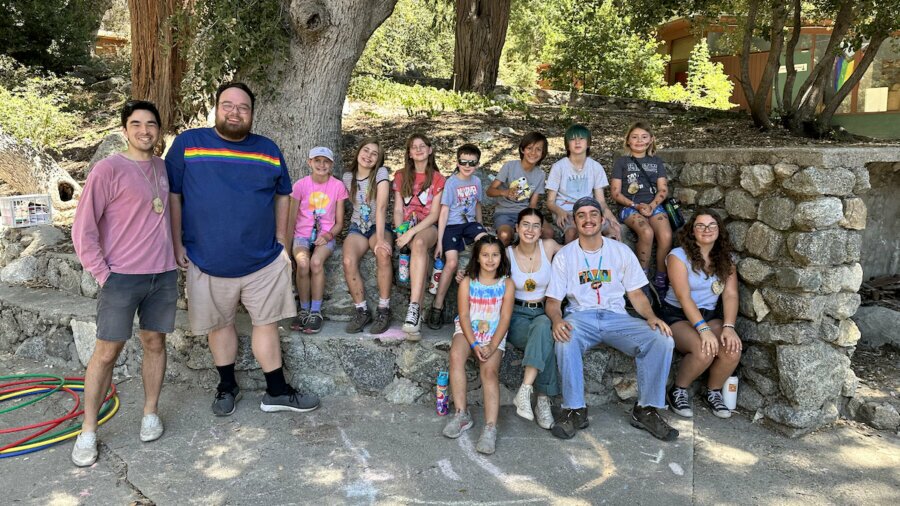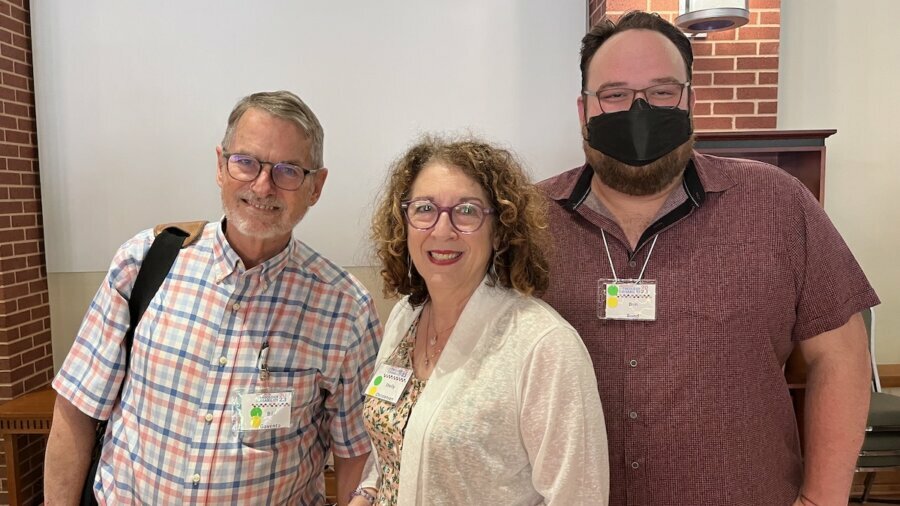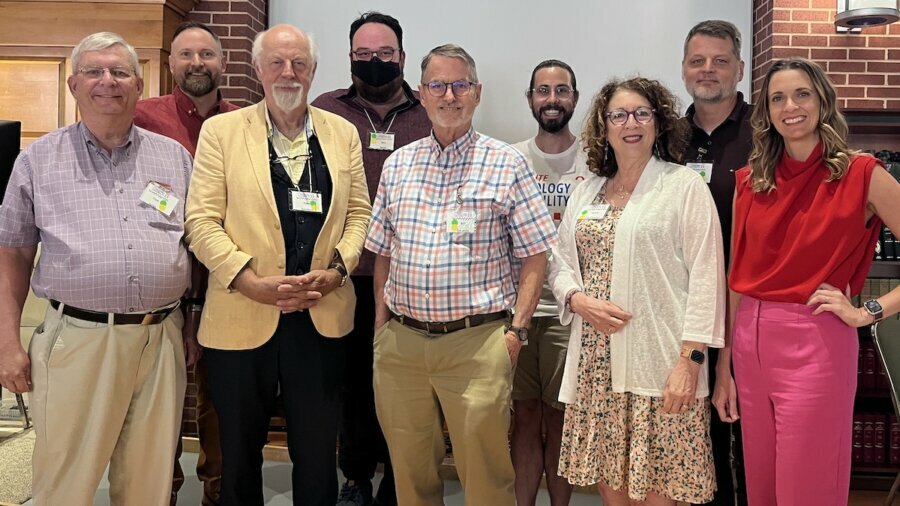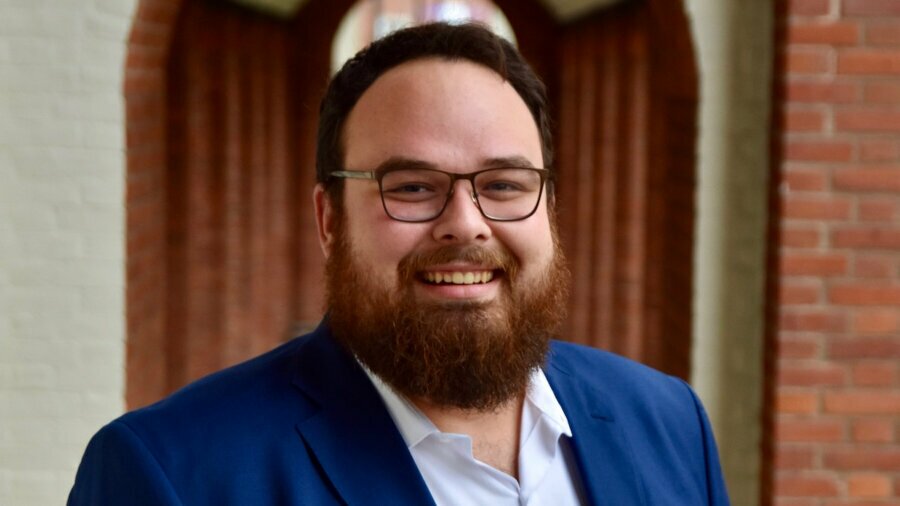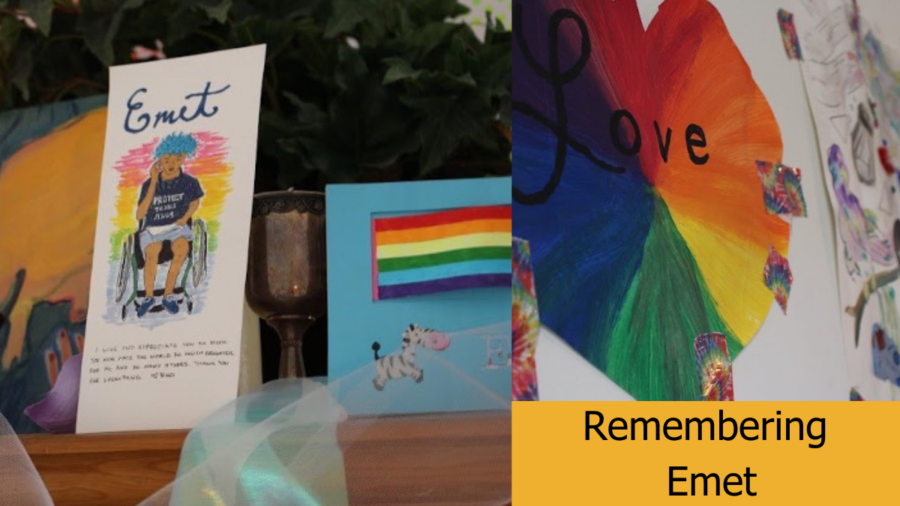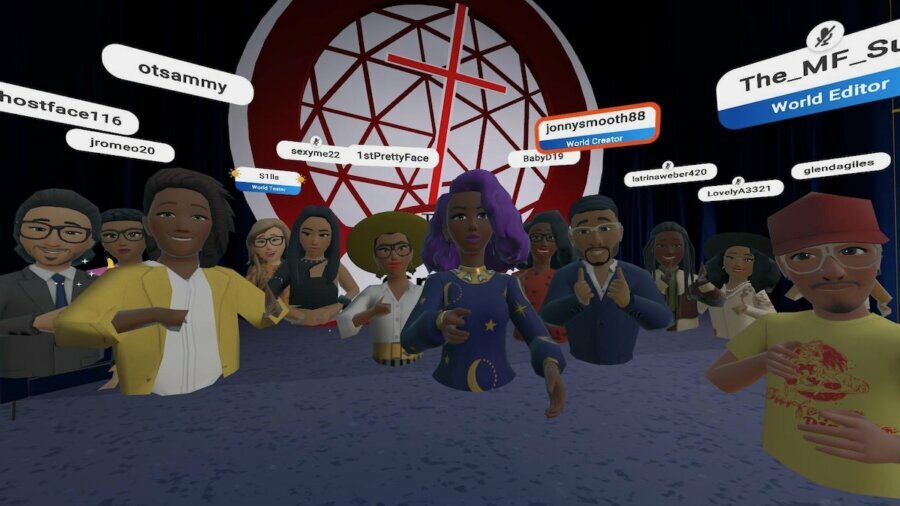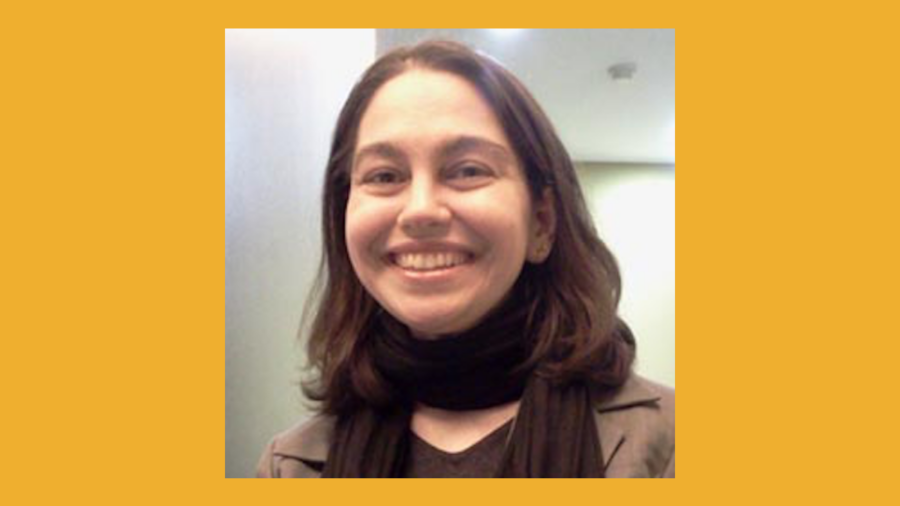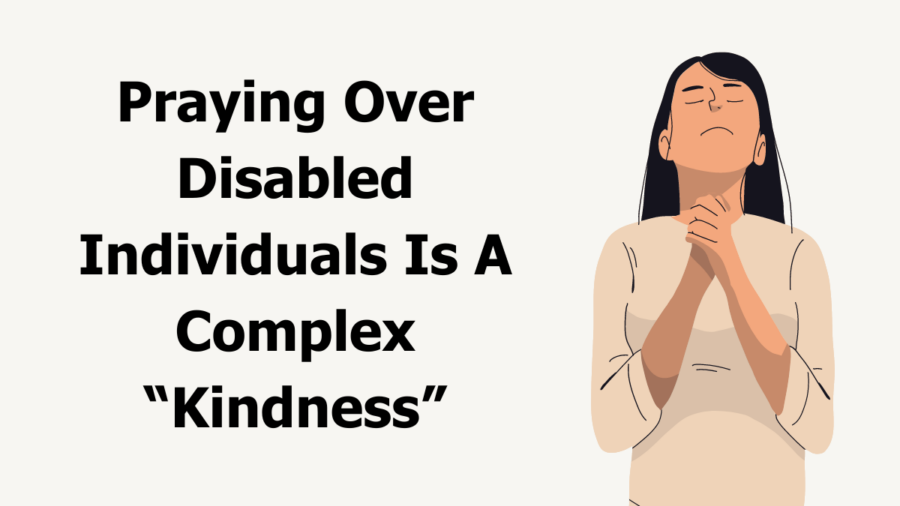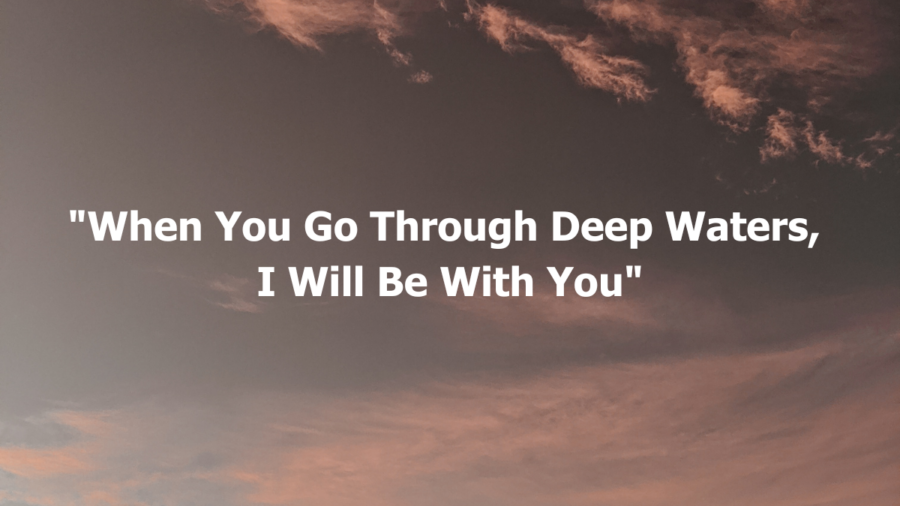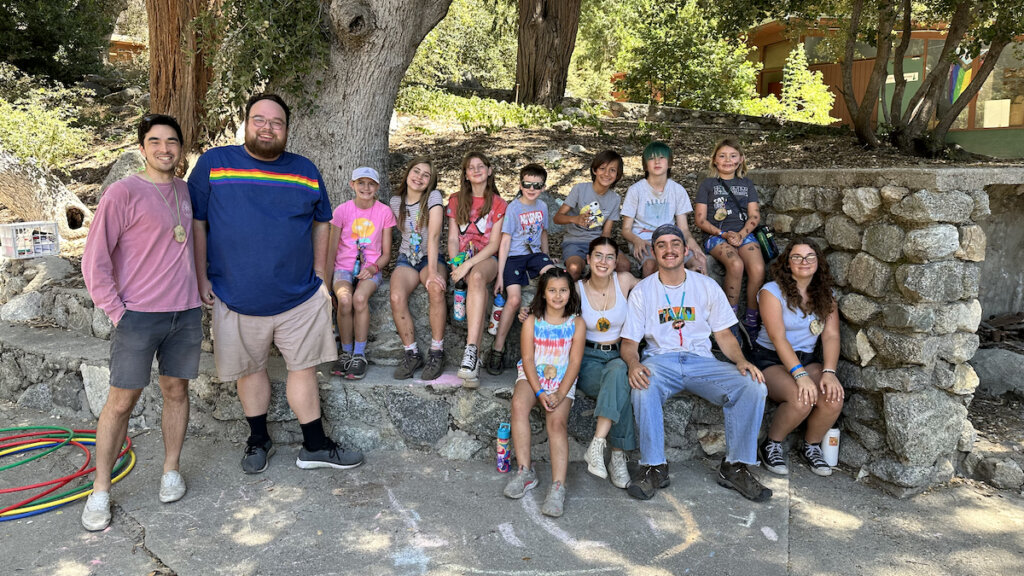 During our summer recess at RespectAbility, I was given the opportunity to serve as the Pastor of Pilgrim Pines Summer Camp in Southern California. I have written about Pilgrim Pines in a past newsletter edition regarding its inclusion of folks with intellectual and developmental disabilities. Pilgrim Pines is a profoundly sacred place for me. It is where my parents were married, where I came to know God in my adolescence, and where I discerned my call. So being asked to serve as the camp pastor was an honor and privilege beyond words for me. [continue reading…]
During our summer recess at RespectAbility, I was given the opportunity to serve as the Pastor of Pilgrim Pines Summer Camp in Southern California. I have written about Pilgrim Pines in a past newsletter edition regarding its inclusion of folks with intellectual and developmental disabilities. Pilgrim Pines is a profoundly sacred place for me. It is where my parents were married, where I came to know God in my adolescence, and where I discerned my call. So being asked to serve as the camp pastor was an honor and privilege beyond words for me. [continue reading…]
Faith and Spirituality
Faith Inclusion and Belonging at the Institute on Theology and Disability
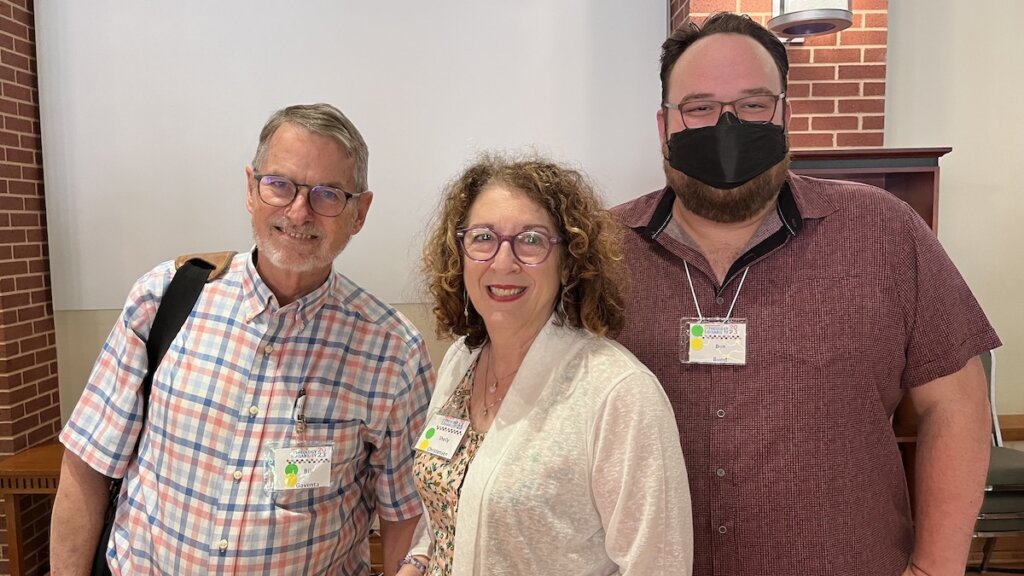 The Faith Inclusion and Belonging Team traveled to Waco, TX to participate in the Institute on Theology and Disability at Truett Seminary at Baylor University at the end of June. Founded in 2010 by RespectAbility board member, Bill Gaventa, the Institute annually gathers theologians, researchers, thought leaders, practitioners, and clergy to learn from each other.
The Faith Inclusion and Belonging Team traveled to Waco, TX to participate in the Institute on Theology and Disability at Truett Seminary at Baylor University at the end of June. Founded in 2010 by RespectAbility board member, Bill Gaventa, the Institute annually gathers theologians, researchers, thought leaders, practitioners, and clergy to learn from each other.
The Institute is where you can get a cup of coffee or a glass of cold brew and an enormous blueberry muffin from Bitty and Beau’s while listening to a world renowned scholar like Dr. Hans Reinders. You can grab a plate of Tex-Mex food from a buffet and have a bite with friends and colleagues from Canada, New Jersey, and Brisbane, Australia. You can get to know people in the evenings, sharing stories and a bottle of wine.
RespectAbility is an in-kind sponsor of the Institute and I am on the Coordinating Council that plans and organizes it. Our team participated in two multi-faith panels: Reflections on Theology, Disability, and Belonging; and The Practice of Interfaith Inclusion: How’s it Working in Your Faith Tradition? Associate Ben Bond moderated both panels as presenters shared Muslim, Jewish, Buddhist, Christian, and Hindu perspectives on disability and community. [continue reading…]
The Miracle of Disabled Community
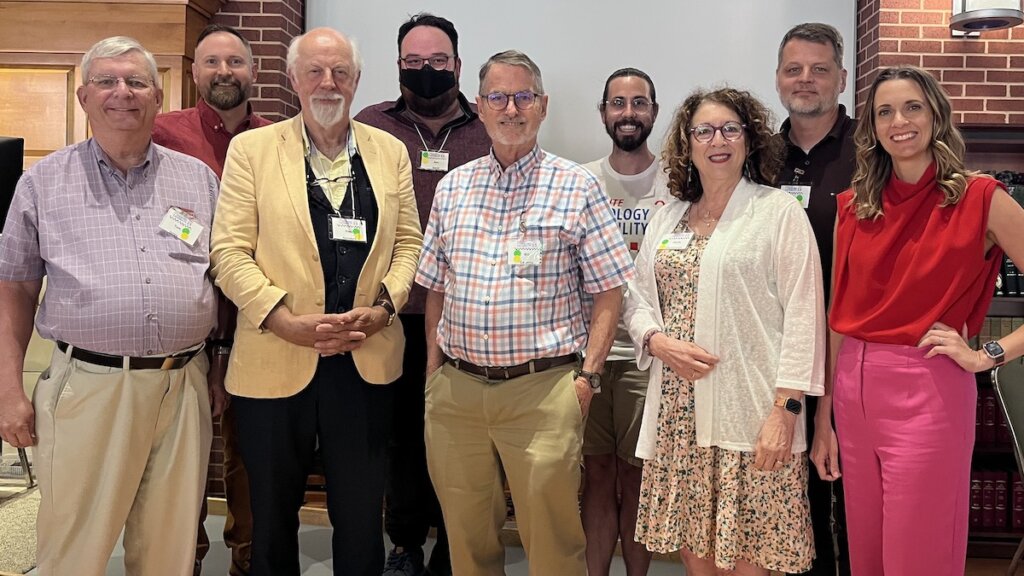 The disability community is built upon mutual flourishing. We know that our survival depends on each of us caring for one another in collective solidarity. As a disabled person I often feel quite lonely in my experience of disability. It can be a solitary endeavor to lie alone in your sick bed for days, weeks, and months at a time. One can be in a room full of people and feel alone trying to squeeze your disability into a box of normativity that helps others feel “comfortable” around you. We try to navigate these challenges the best that we can, but the social and physical isolation is exhausting.
The disability community is built upon mutual flourishing. We know that our survival depends on each of us caring for one another in collective solidarity. As a disabled person I often feel quite lonely in my experience of disability. It can be a solitary endeavor to lie alone in your sick bed for days, weeks, and months at a time. One can be in a room full of people and feel alone trying to squeeze your disability into a box of normativity that helps others feel “comfortable” around you. We try to navigate these challenges the best that we can, but the social and physical isolation is exhausting.
While at Baylor University in Texas at the Institute on Theology and Disability, I felt the beautiful joy of being in community with other disabled people. It was a chance for us from our diverse disability experiences to come together and get to fully be ourselves. I hung on every word of the presentations I attended. Surprisingly, what happened outside the plenary rooms was just as educational. The learning happened as I walked to the dining hall accompanied by Cameron in his wheelchair calling out the best curb cuts for our friend Sarah to direct her guide dog Ursula to traverse down. It happened when I met with fellow disabled people like Jaime in the low sensory room who needed to rest from fatigue as I was laying down on the couch for pain relief as we talked about disability theology in Jane Austen novels. It was spending time at the AirBnB with Bekah, Greg, and Emma getting to unapologetically be out and proud of our disabilities. It was refreshing to socialize with people who just get it and don’t require an explanation for your non-normative existence. [continue reading…]
Celebrating Radical Dreams
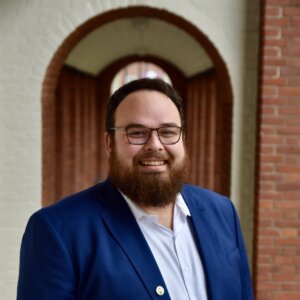 June is Pride Month, a month of profound and unending gratitude for me. I am an openly queer and disabled clergy person. Without the radical dreaming and action from our queer and disabled ancestors, my path would not be possible.
June is Pride Month, a month of profound and unending gratitude for me. I am an openly queer and disabled clergy person. Without the radical dreaming and action from our queer and disabled ancestors, my path would not be possible.
Disability and Queerness have always been intertwined, from the Diagnostic and Statistical Manual (DSM) classifying homosexuality a mental illness, to Acquired Immune Deficiency Syndrome (AIDS) disabling millions of queer community members. In the disability community our love and embodiment has always been queer. Our communities know how to love and embrace people and lifestyles that do not fit the norm.
I am named after a disabled and queer uncle who passed away from AIDS in the 1980s. He was a committed advocate against discrimination toward queer people with AIDS in the workplace. His death was the catalyst for my grandparents to join our LGBTQ affirming church. While there, they created AIDS support groups at the church, and slowly became surrogate parents for many queer people whose families had abandoned them. [continue reading…]
Remembering Emet Through Artwork
Queer and trans disabled folks are at the center of queer trans history and disability history, because the movements incubate and cross pollinate each other. For instance, during the 504 occupation, the owners of the lesbian bar in the East Bay brought shampoo and conditioner and washed people’s hair in an act of tangible solidarity and direct mutual aid. Trans artist and activist Leslie Feinberg’s last collection of work, a photoessay that documented life from their window as a chronically ill person, is another example of this overlap.
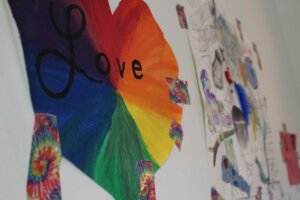 My friend Emet embodied intersectionality. He was a queer trans disabled chronically ill rabbinical student and rabbi. He served on the boards of NCIL and GLSEN. He was a person that people were drawn to, so naturally, a mutual aid network made up of queer trans chronically ill and disabled folks formed around him. The hospice center where Emet died was originally founded to care for HIV/AIDS patients. Whenever I visited, I always imagined the young queer and trans chronically ill networks of care that existed there together before us. [continue reading…]
My friend Emet embodied intersectionality. He was a queer trans disabled chronically ill rabbinical student and rabbi. He served on the boards of NCIL and GLSEN. He was a person that people were drawn to, so naturally, a mutual aid network made up of queer trans chronically ill and disabled folks formed around him. The hospice center where Emet died was originally founded to care for HIV/AIDS patients. Whenever I visited, I always imagined the young queer and trans chronically ill networks of care that existed there together before us. [continue reading…]
Discovering Inclusive Spiritual Connections Through Virtual Reality
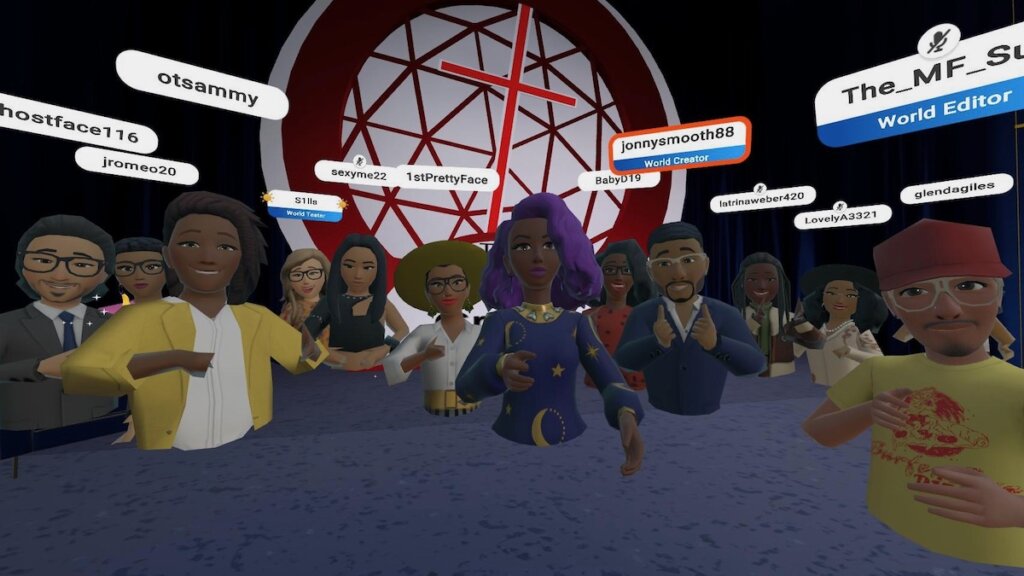 Receiving an Meta Quest VR (virtual reality) headset as a Christmas gift in 2020 brought me immense excitement, primarily for the wide array of games and virtual experiences it offered. However, little did I know that this device would lead me beyond the realm of gaming and introduce me to an entirely new realm of religious services and spiritual exploration in the metaverse.
Receiving an Meta Quest VR (virtual reality) headset as a Christmas gift in 2020 brought me immense excitement, primarily for the wide array of games and virtual experiences it offered. However, little did I know that this device would lead me beyond the realm of gaming and introduce me to an entirely new realm of religious services and spiritual exploration in the metaverse.
Prior to this, I had been engaging in online church services, seeking a sense of community and connection. It was during this time that I discovered the Word Of Grace Meta Church, led by Pastor Jonathan Long. Attending services in the metaverse opened up a whole new dimension of worship and spiritual growth for me. The immersive environment, combined with the guidance and leadership of Pastor Long (who we affectionately call Pastor Jonny), created a unique and meaningful experience. It allowed me to connect with fellow believers from around the world, transcending physical barriers and expanding my understanding of spirituality in the digital age. Immersing myself in a virtual reality church experience strengthened my connection to my Christian faith in ways I had never experienced before.
After participating in a few Sunday services, the impact was so profound that I encouraged seven more of my family members to invest in VR headsets. Now, we attend church services together, despite living in four different cities separated by an average distance of three hours. This new technology has eliminated the barriers that once prevented us from worshiping as a family. [continue reading…]
Seeking Community Support for Mental Health
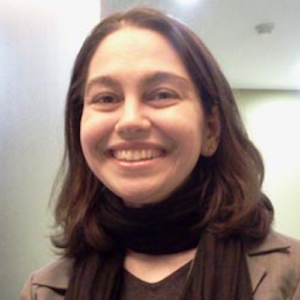 During this Mental Health Awareness month, I’ve been reflecting on how faith communities address mental health needs and become more inclusive in this area. While there still is a need for more education and decreasing stigma about mental health, it is encouraging to see more communities being willing to discuss these topics and offer ways to support people.
During this Mental Health Awareness month, I’ve been reflecting on how faith communities address mental health needs and become more inclusive in this area. While there still is a need for more education and decreasing stigma about mental health, it is encouraging to see more communities being willing to discuss these topics and offer ways to support people.
I have also realized that mental and emotional support even in a religious or spiritual framework can take many forms. It can be individual or group counseling, peer support, having a book study/discussion, connecting with others who have shared experience, or creating an education program.
When I moved overseas to Korea, one of the first things I did was to look for any Jewish community. Although I hadn’t been involved in a community back in New York, I somehow suddenly felt the need to connect with other Jewish people when I was so far from home. Finding a community means belonging to a group of people, and for Jewish people especially, there is an unspoken understanding and connection.
When I discovered Chabad, which had just newly started in Korea, there were Jews of many nationalities and religious levels, but everyone was welcome. The common thread was that we were all living in a foreign country and had to deal with adjusting to a new culture, unfamiliar customs, language issues, and not having support systems. In many ways, because we were such a small community, people got to know others and could develop relationships and support each other more. For myself, I felt most supported by being invited to Shabbat every week, joining women’s groups, and meeting individually with the rabbi’s wife for talking and learning. Later, some of my friends and I created our own Jewish group to support and include LBGTQ+ and intercultural couples/families who face many issues both in Jewish communities and in Korean society. [continue reading…]
Why Some People Don’t View Mental Health Disabilities As Disabilities
 In the disability community, we know that mental health-related disabilities are disabilities. It still feels like the rest of the world has yet to catch up. As a person of faith myself who has mental health-related disabilities along with fellow family members, I have wondered why this identity disparity existed between mental health conditions and disability.
In the disability community, we know that mental health-related disabilities are disabilities. It still feels like the rest of the world has yet to catch up. As a person of faith myself who has mental health-related disabilities along with fellow family members, I have wondered why this identity disparity existed between mental health conditions and disability.
I believe a lot of it has to do with a continued investment in the mind-body separation. This concept has deep religious and philosophical origins that I would be happy to nerd out about with anyone over Zoom coffee sometime. The mind-body separation contends that the mind and the body are separate entities from one another. Many of us subconsciously buy into this philosophy whether we know it or not. We go to school to train our minds, not our bodies. We go to the gym to train our bodies but not our minds. The disability community has known from the beginning that this separation is simply not real. When many of us have a stressful day, it manifests as pain in our bodies. Or if we are having tremendous pain in our bodies, our mental health suffers. [continue reading…]
Praying Over Disabled Individuals Is a Complex “Kindness”
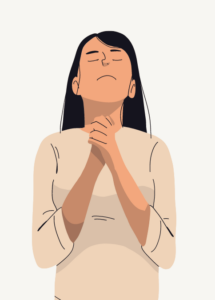 Ben Spangenberg is the Senior Manager of RespectAbility’s National Leadership Program. Ben was born with Spina Bifida in Long Beach, California in 1981. His mother had amniocentesis, but the test got switched and his development was seen to be within the ‘normal’ range. They did not confirm his diagnosis until his mother went into labor. Ben’s doctors immediately threw his parents suggestions on how to take care of a child with disabilities. Ben said, “The doctors firmly suggested that my parents leave me at the hospital so the state could take care of me. My parents said, ‘no way’ and raised me as much as possible like my brothers and sisters.” This was a common conversation between doctors and parents of children with spina bifida then.
Ben Spangenberg is the Senior Manager of RespectAbility’s National Leadership Program. Ben was born with Spina Bifida in Long Beach, California in 1981. His mother had amniocentesis, but the test got switched and his development was seen to be within the ‘normal’ range. They did not confirm his diagnosis until his mother went into labor. Ben’s doctors immediately threw his parents suggestions on how to take care of a child with disabilities. Ben said, “The doctors firmly suggested that my parents leave me at the hospital so the state could take care of me. My parents said, ‘no way’ and raised me as much as possible like my brothers and sisters.” This was a common conversation between doctors and parents of children with spina bifida then.
According to Amy Kenny in her book “My Body is Not a Prayer Request: Disability Justice in the Church,” 67% of people feel uncomfortable talking to a disabled person. This manifests when a nondisabled person offers to help a disabled person, assuming disabled people cannot live independent lives.
Ben and a few of the Spring 2023 Fellows agreed to share their experiences when nondisabled people ask to pray over them. People often have good intentions, but this does not excuse the impact of this act on the person who is prayed over. Each person interviewed comes from a Christian background where one of the core teachings is that all individuals are created in God’s image and reflect the divine. [continue reading…]
“When You Go Through Deep Waters, I Will Be With You”
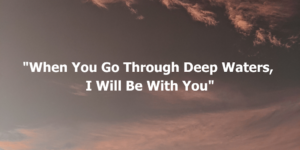 As the program manager of the Minneapolis Jewish Community Inclusion Program for People with Disabilities for 13 years, I was invited to speak about the program at numerous Jewish community events. I spoke about changing attitudes and fighting stigma to advance inclusion. Following many presentations, someone from the audience waited to speak to me, waiting in the back of the line. Their question was always the same. “Do you include people with mental illnesses in the inclusion program?”
As the program manager of the Minneapolis Jewish Community Inclusion Program for People with Disabilities for 13 years, I was invited to speak about the program at numerous Jewish community events. I spoke about changing attitudes and fighting stigma to advance inclusion. Following many presentations, someone from the audience waited to speak to me, waiting in the back of the line. Their question was always the same. “Do you include people with mental illnesses in the inclusion program?”
I saw hope in their eyes. But the inclusion program focused solely on disabilities. I gently explained that mental health wasn’t part of the program’s purview. The hope of finding acceptance and spiritual support faded as they turned away, rejected by the Jewish community. Even the inclusion program excluded them.
The program excluded me, too. I am neurodivergent. I was diagnosed with ADHD, depression, and anxiety disorder in my early 40s. These conditions have been a part of me my whole life. Once I began the process of understanding the diagnoses and working with mental health providers, I leaned into spirituality and my community, and found support and comfort there. [continue reading…]


